13 Nov 2025
Two educational projects from Xi’an Jiaotong-Liverpool University (XJTLU) that use AI have advanced to the second round in the QS Reimagine Education Awards, an international competition recognising innovation in higher education. QS Quacquarelli Symonds Limited (QS) holds the competition annually.
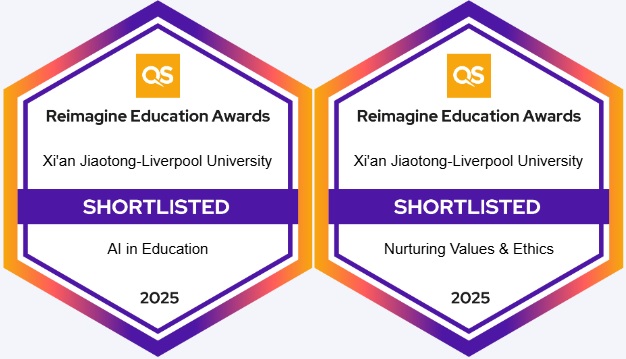
REVISAGE Analytics, an AI-assisted writing tool, and CompassioMate, a cultural empathy game, stood out among the more than 1,600 global submissions for their interdisciplinary design and educational impact.
“We are delighted and pleasantly surprised by this recognition,” says Dr Erick Purwanto, project lead from XJTLU’s Department of Computing. “It validates the hard work of our multidisciplinary teams.”
Both projects’ teams include academics from XJTLU’s School of Advanced Technology (SAT) and School of Humanities and Social Sciences (HSS), XJTLU students, and for CompassioMate, additional partners at City University of Hong Kong.
Visualisation + reflection
REVISAGE Analytics, shortlisted in the AI in Education category, is designed to help students reflect on and improve their writing, rather than relying on automated corrections. The word “REVISAGE” in the tool’s name merges the concepts “visualisation” and “reflection”.
“We wanted to move beyond AI text-proofing tools,” says Dr Purwanto. “Many students accept AI feedback without thinking critically about why their writing is being corrected. REVISAGE encourages them to pause, reflect, and take ownership of their writing process.”
The tool addresses three key challenges in academic writing education: students’ overreliance on AI-assisted automated writing evaluation tools; the narrow, grammar-focused feedback offered by most writing assistants; and the heavy workload faced by teachers. By combining linguistic analysis and data visualisation, REVISAGE Analytics makes feedback deeper and more scalable, Dr Purwanto says, supporting learning rather than passive correction.
Dr Purwanto and Dr Thomas Selig, both from SAT, Dr Detong Xia from HSS, and undergraduate student Natasha Wilfrid Atmadja are REVISAGE Analytics team members from XJTLU.
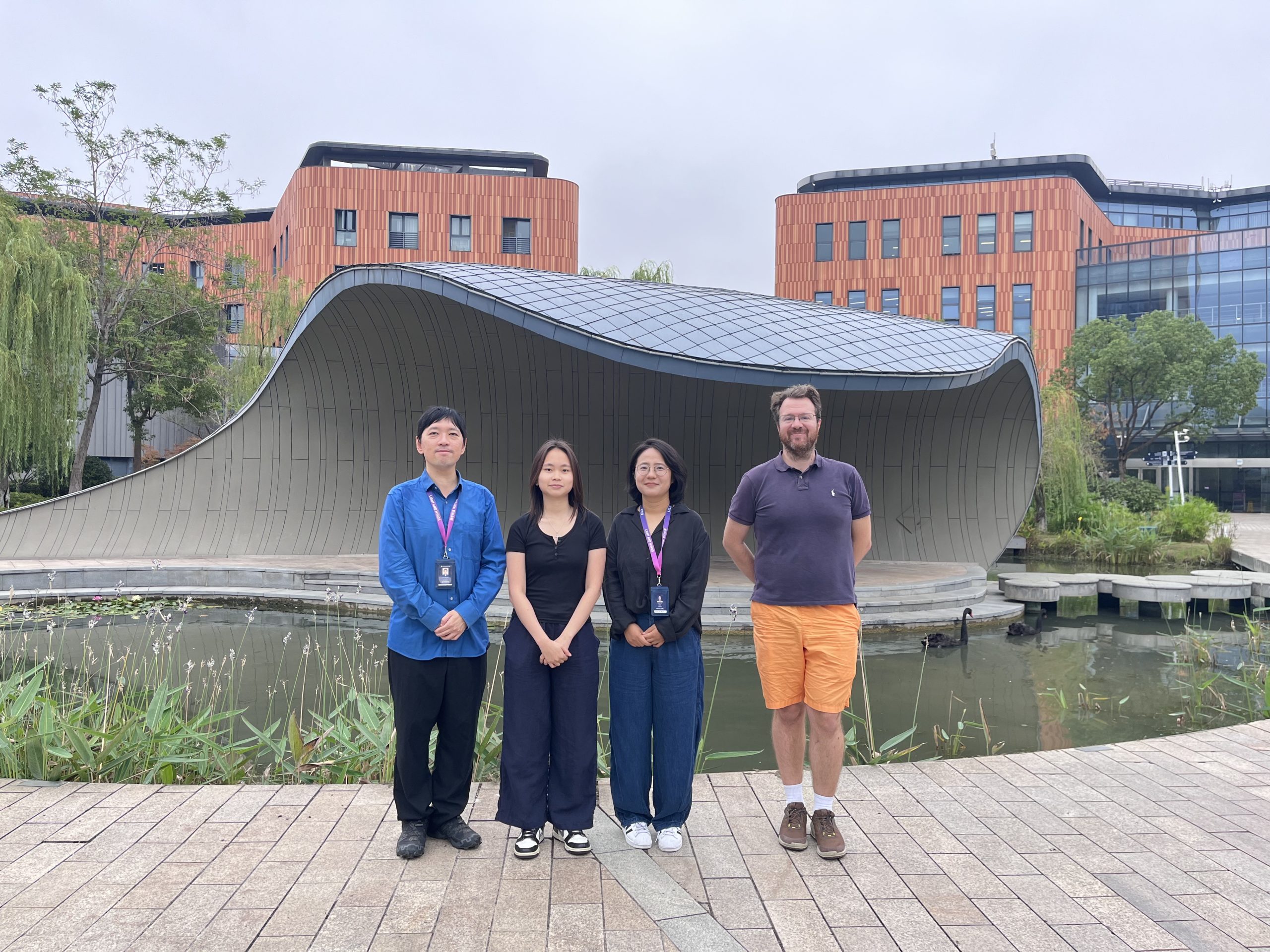
From left: Dr Erick Purwanto, Natasha Wilfrid Atmadja, Dr Detong Xia, and Dr Thomas Selig, REVISAGE Analytics team members
Diverse learner support
The team has expanded the tool’s scope and functionality since it was unveiled at XJTLU’s AI Learning Day last April. The team used a process to fine-tune a large language model (LLM)’s training to make the tool more effective for its purpose. The tool generates interactive visual diagrams that display essay components, such as claims, evidence, and paragraph roles.”
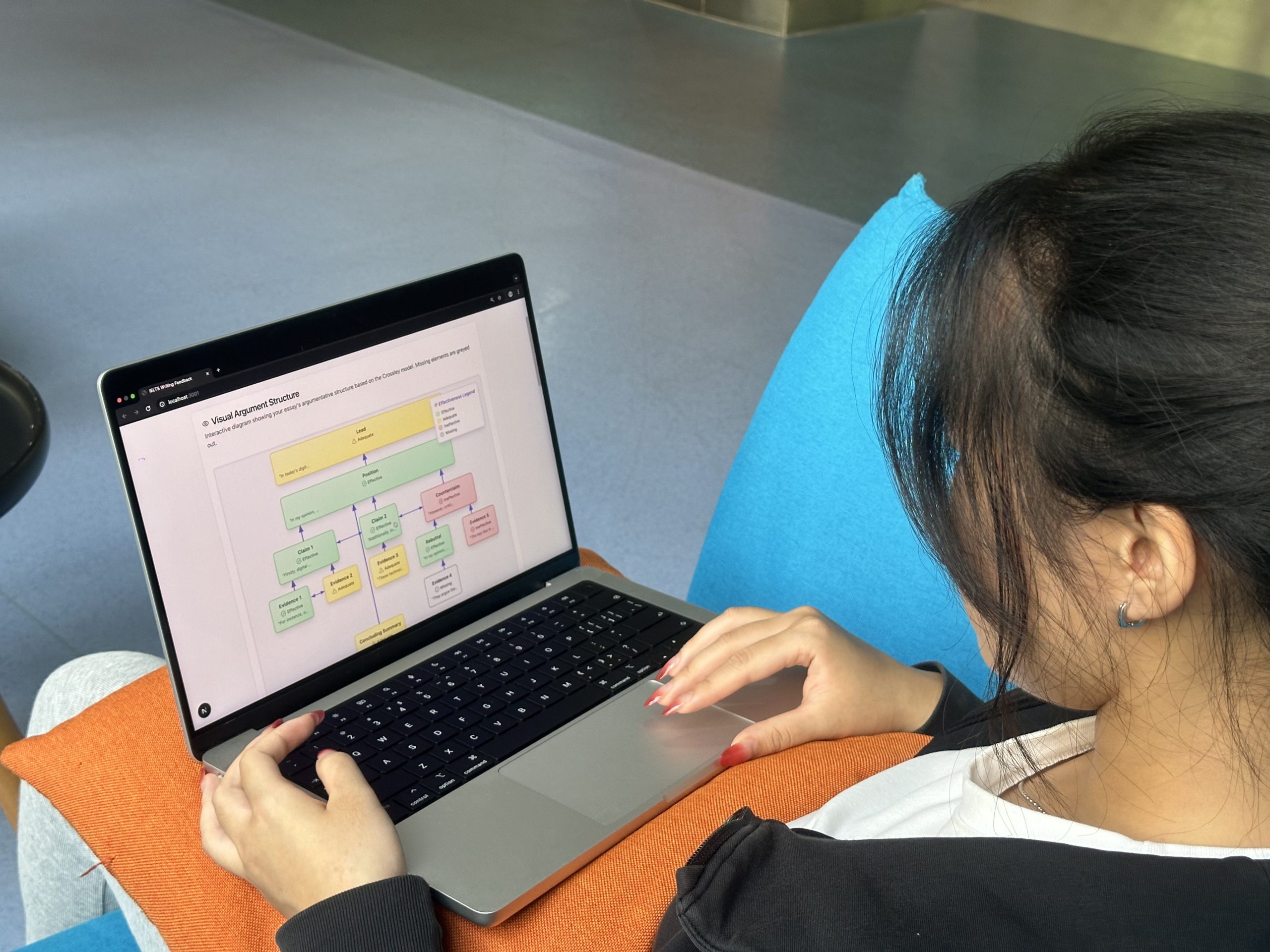
A student interacts with REVISAGE Analytics
“These diagrams make writing visible,” says Dr Xia of HSS. “Students can literally see how their argument develops, which helps them understand coherence and logic.”
Accessibility is central to the design. The system features a Dyslexia-Friendly Mode and text-to-speech support to serve diverse learners. For teachers, real-time dashboards display individual and class-level trends, enabling them to tailor feedback effectively.
Building cultural empathy
CompassioMate, shortlisted in the Nurturing Values and Ethics category, tackles dialect discrimination and accent bias through an immersive, game-based learning experience. Players act as “Dialect Detectives”, listening to authentic voice recordings from across China, guessing dialects or provinces, and reflecting on their own biases.
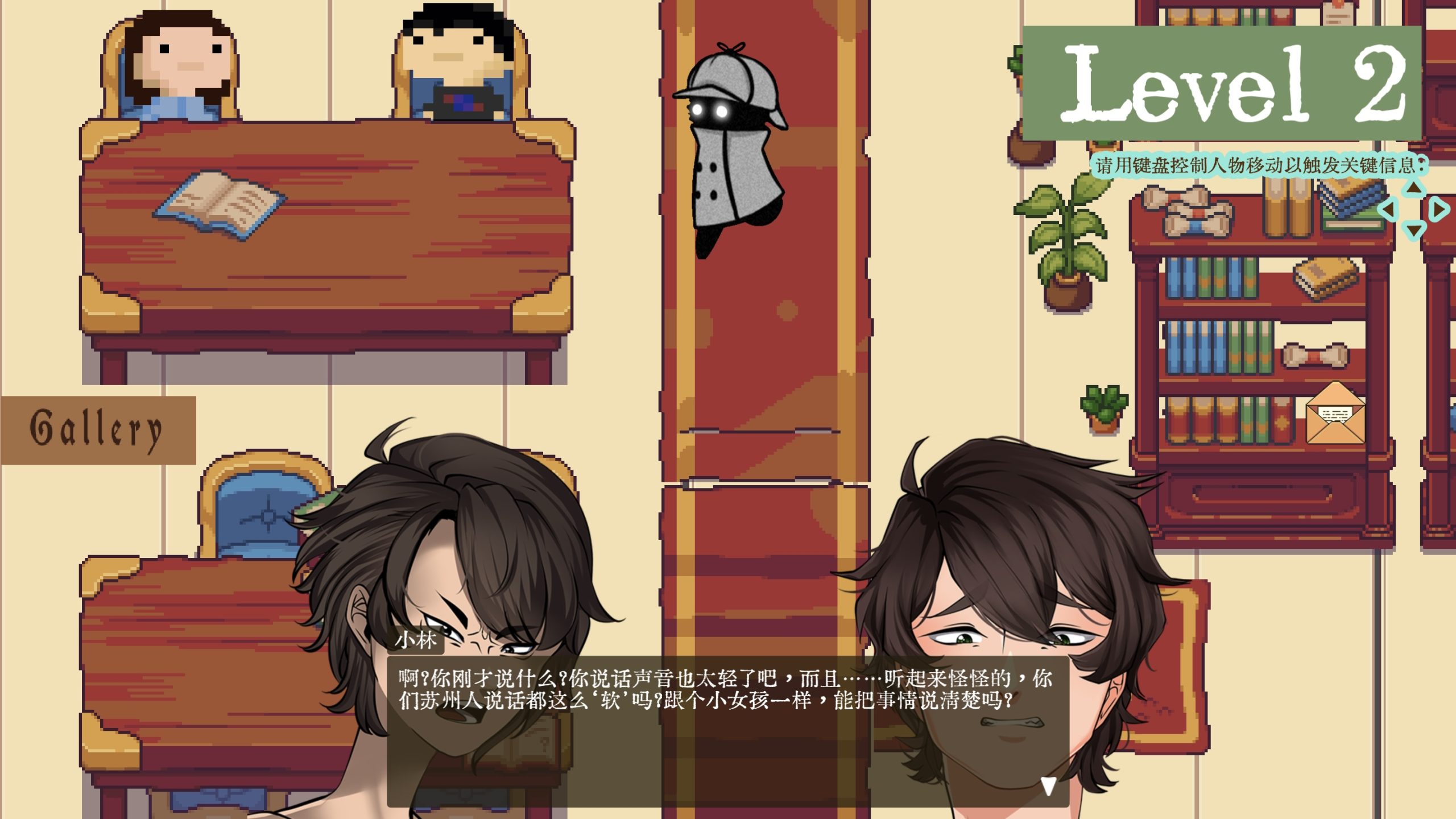
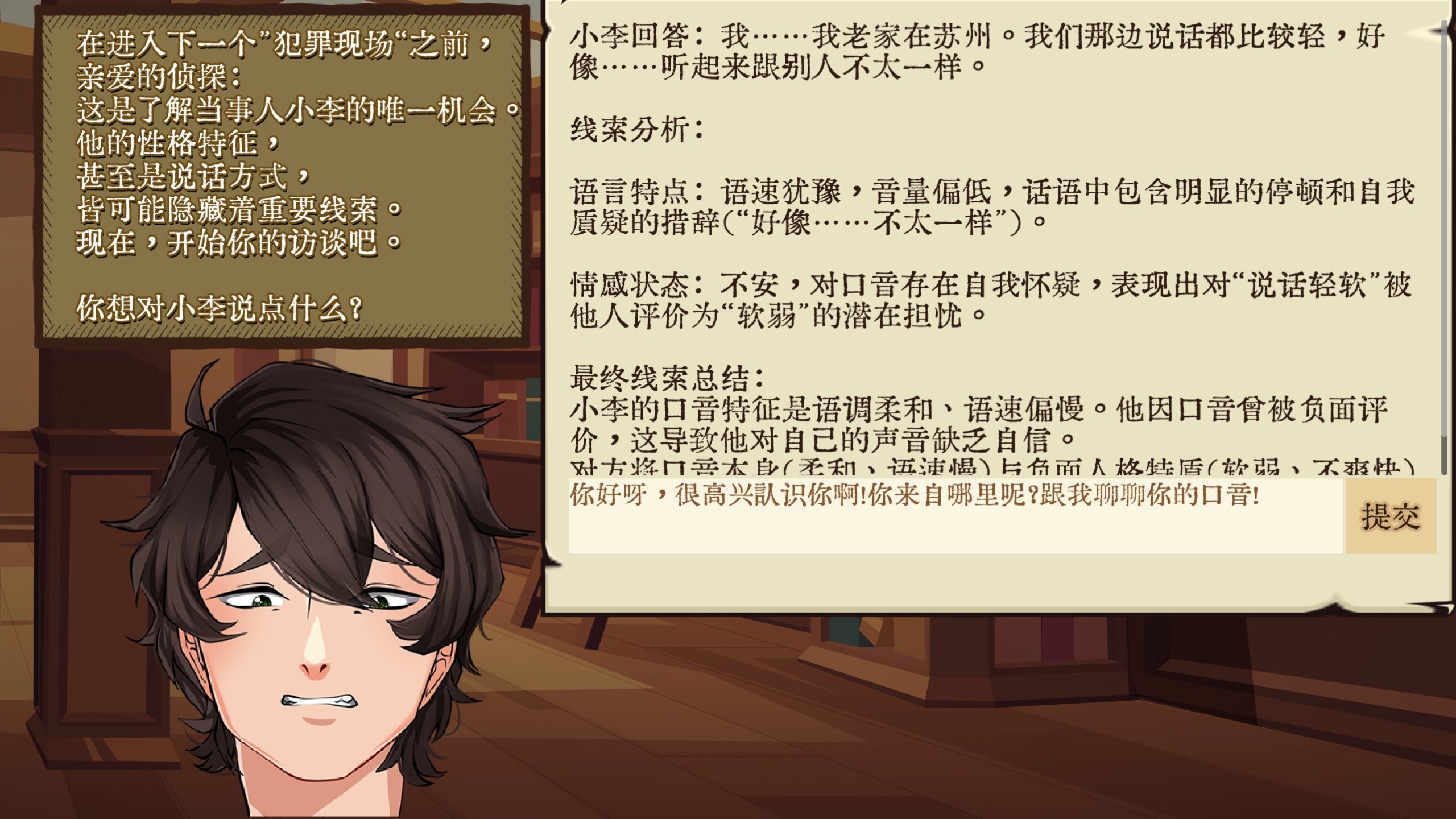
CompassioMate user interface
“The idea came from noticing how dialect and accent still shape social perceptions,” Dr Purwanto says. “We wanted to create a learning experience that fosters empathy and understanding.”
Scenario-based dialogues simulate workplace or university settings where dialect-related bias might occur. Emotionally expressive AI characters display reactions such as confusion, hurt, or empathy, prompting players to practice inclusive communication and ethical reasoning in a safe environment.
“Through this game, we aim to cultivate ethical reasoning, bias awareness, and conflict resolution skills,” says Dr Hong Liu of HSS.
Dr Liu of HSS, Dr Purwanto of SAT, and undergraduate student Sicheng Lu are CompassioMate team members from XJTLU.
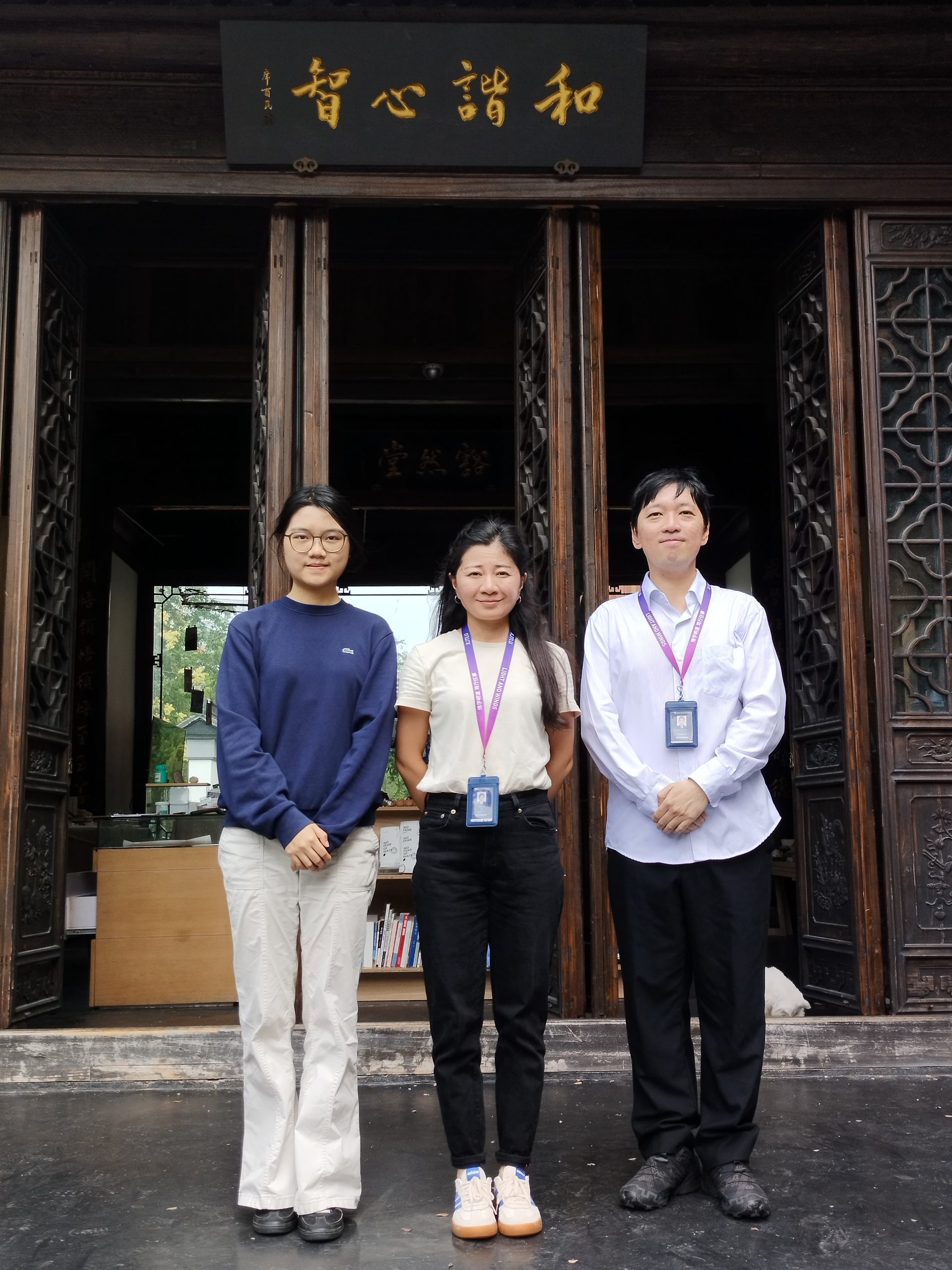
From left, Sicheng Lu, Dr Hong Liu, and Dr Erick Purwanto, CompassioMate team members
Both tools have been piloted in educational settings, with students reporting improvements in writing skills and increased awareness of bias. As these projects continue to evolve, the teams are focused on refining features and expanding their impact in real-world classrooms.
What’s next
Dr Purwanto emphasises the teams’ focus on continuous improvement.
“We value constructive feedback that helps us turn these prototypes into fully realised tools that can benefit educators and learners globally,” he says.
In the QS Reimagination Education Awards’ second evaluation round, a panel of QS-selected international judges will choose the bronze, silver, and gold winners among the shortlisted projects in each of the 18 award categories.
After a third evaluation round, the final round occurs at the Reimagine Education Awards and Conference, scheduled 1-3 December.
By Huatian Jin
Edited by Tamara Kaup
Photos courtesy of Erick Purwanto
13 Nov 2025
RELATED NEWS
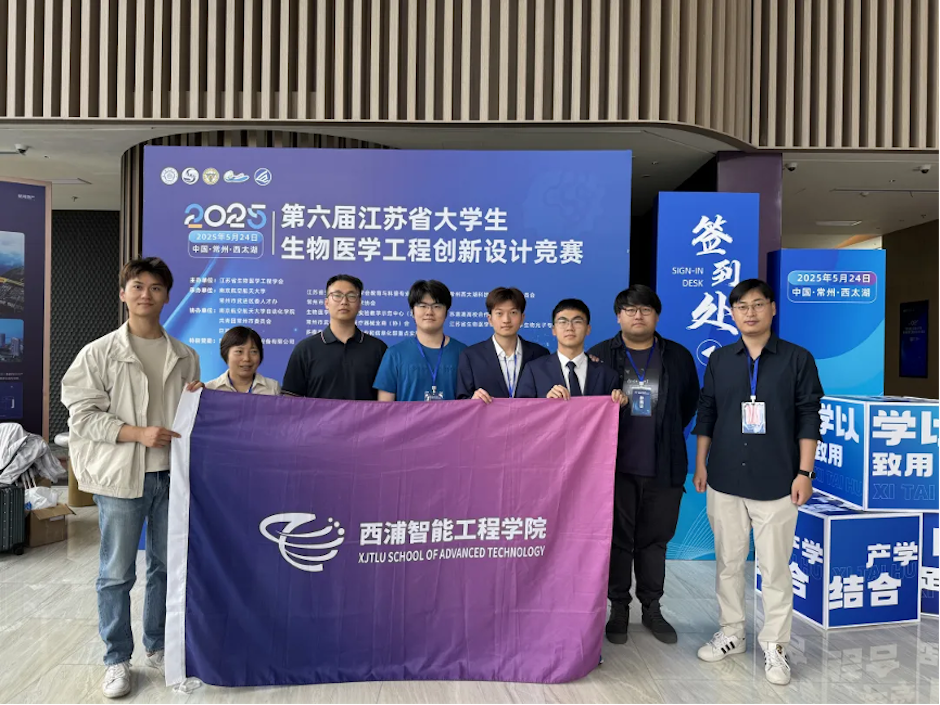
Students design smart-tech to support patient recovery
Two student teams from XJTLU’s School of Advanced Technology won Grand and Second Prizes at the Sixth Jiangsu Province Biomedical Engineering Innovation Desi...
Learn more
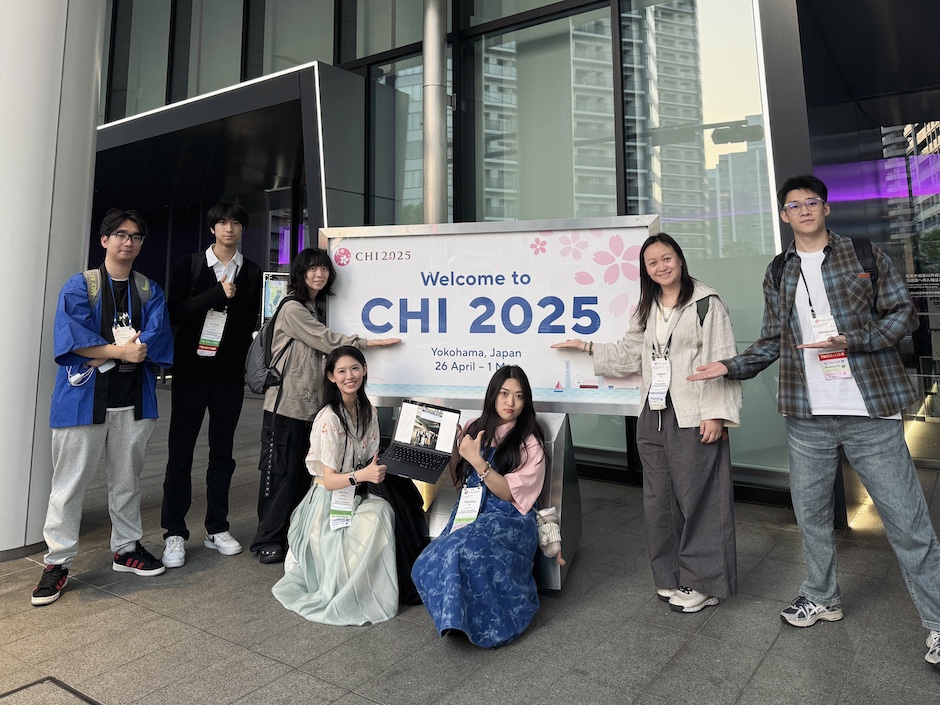
XJTLU projects on bird flight paths, AI music impress at CHI 2025
Innovative projects to untangle the complex flight paths of migratory birds and build an AI music creation system earned Xi’an Jiaotong-Liverpool University ...
Learn more








